Information democracy
Powerful companies and governments control the way the internet and new technologies are deployed. These actors blur the lines on corporate power in ways that have tremendous impact on people and democracies. The dominant business model of ‘Big tech’ platforms is based on surveillance, polarization and power imbalances. This ‘surveillance capitalism’ has had a global impact on democracy. For example, state and private actors can use the internet and technologies to spread political disinformation, to manipulate electoral results, to attack human rights defenders and to limit civic space.
Filter resources
-
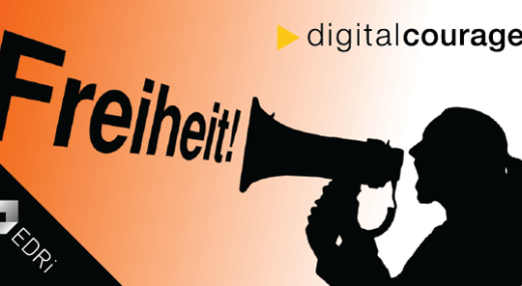
Germany: New police law proposals threaten civil rights
The number of police laws in Germany has increased in recent months.
Read more
-
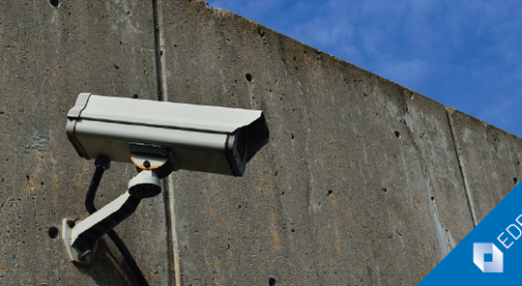
EDRi members in joint protest against “surveillance zone” in Saxony
A new proposal for a surveillance law in the German state of Saxony is threatening to lead to abhorrent consequences on a stretch of Germany’s international border.
Read more
-

Net Neutrality vs. 5G: What to expect from the upcoming EU review?
Since 2016 the principle of net neutrality is protected in the European Union (EU). Net neutrality is a founding principle of the internet. It ensures the protection of the right to freedom of expression, the right to assembly, the right to conduct business, and the freedom to innovate on the internet. These protections came about […]
Read more
-
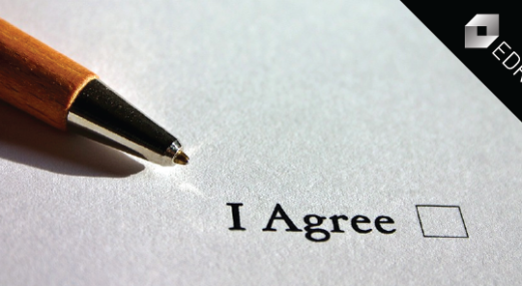
Complaints: Google infringes GDPR’s informed consent principle
On 27 November 2018, seven members of the European Consumer Organisation (BEUC) have launched complaints with their national Data Protection Authorities (DPAs) about Google potentially infringing the General Data Protection Regulation (GDPR).
Read more
-

Digital rights as a security objective: Fighting disinformation
Violations of human rights online, most notably the right to data protection, can pose a real threat to electoral security and societal polarisation.
Read more
-

Serbian Data Protection Commissioner: NGOs call for transparency
Today, on 4 December, eight digital rights organisations from across Europe sent a letter to the National Assembly of Serbia, asking for a transparent process of the selection of the country’s new Data Protection Commissioner.
Read more
-

#TeleormanLeaks: Privacy vs freedom of expression
The first big General Data Protection Regulation (GDPR) privacy case broke out in Romania at the beginning of November 2018 in connection with an article about a corruption scandal involving a politician and his relationship with a company investigated for fraud.
Read more
-

Whom do we trust with the collective good?
Wittingly and unwittingly, we increasingly leave the care of society to tech companies. This trend will prove detrimental to us.
Read more
-
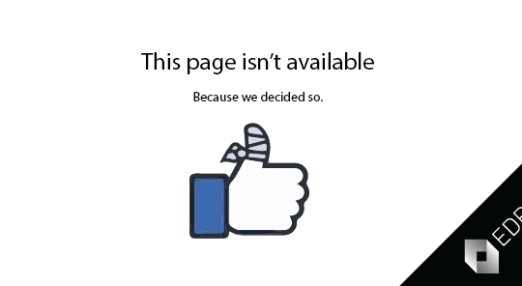
ENDitorial: Facebook can never get it right
In 2017, a man posted live footage on Facebook of a murder he was committing. The platform decides whether you get to see this shocking footage or not – an incredibly tricky decision to make. And not really the kind of decision we want Facebook to be in charge of at all.
Read more
-
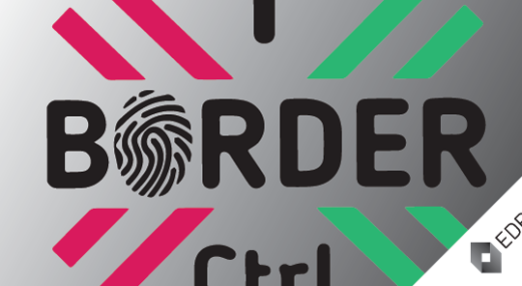
Greece: Clarifications sought on human rights impacts of iBorderCtrl
On 5 November 2018, EDRi observer Homo Digitalis filed a petition to the Greek Parliament about the pilot implementation of the iBorderCtrl project on the Greek border. The Minister in charge will have 25 days to reply to it.
Read more
-
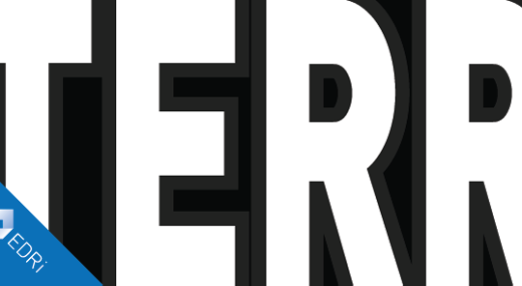
The TERR Committee votes on its irreparable draft Report
The draft Report of the rather secretive work carried out by the European Parliament’s Special Committee on Terrorism (TERR) released in June 2018 raised major concerns, as previously reported in the EDRi-gram. On 13 November 2018, the members of the TERR Committee voted on the amendments to the draft.
Read more
-

Letter to the EU Council: Stand for citizen’s rights and the European digital economy in the copyright negotiations!
On 19 November 2018, EDRi, together with 53 other NGOs, sent a letter to the Council of the European Union. The letter draws attention to the ongoing concerns regarding the proposal on copyright in the Digital Single Market, ahead of a crucial meeting on 23 November.
Read more
